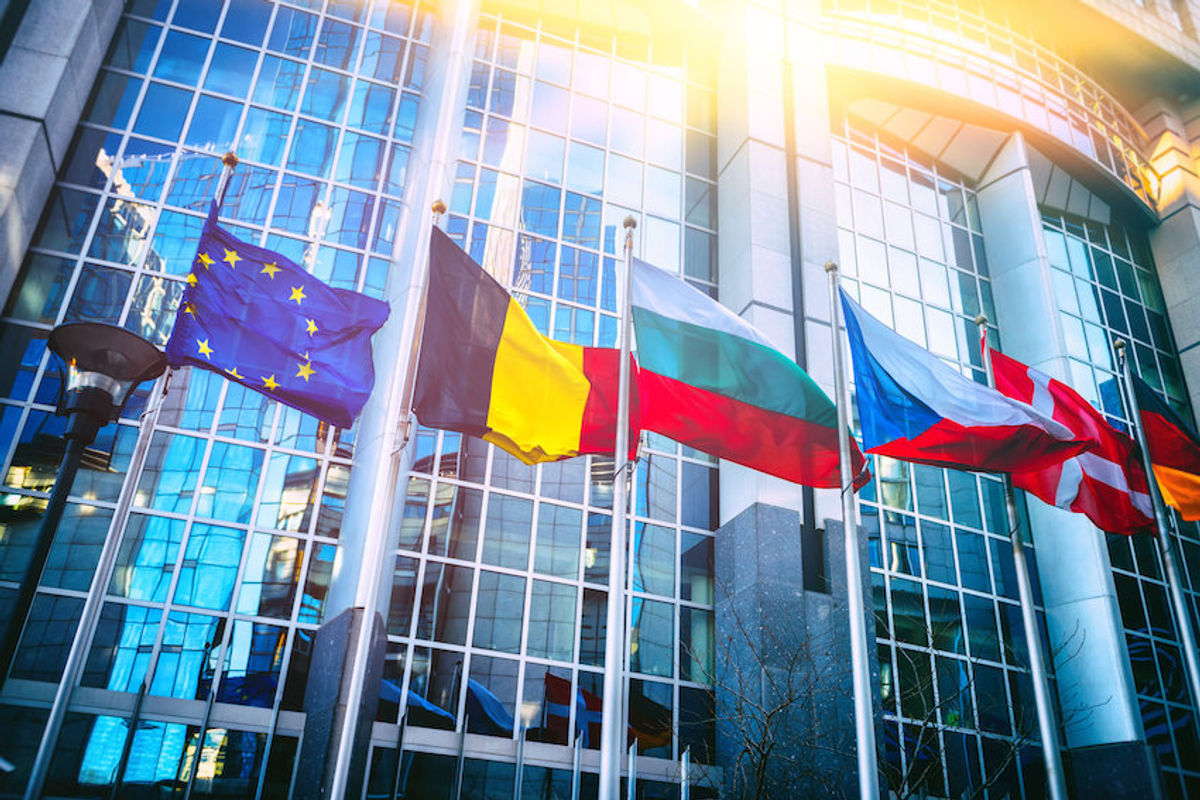Travel association network BT4Europe has urged the European Commission to “strengthen and clarify” proposed rules on offsetting and reducing carbon emissions from flights.
The Brussels-based group said it had “serious concerns” about the commission’s proposed directive for calculating offsetting requirements from flights, as part of the global CORSIA (Carbon Offsetting & Reduction Scheme for International Aviation) initiative, particularly around how emissions from business travel will be accounted for.
BT4Europe said that while it supported the move to reduce emissions from aviation, it was “frustrated that the proposal will complicate and maybe even delay the urgent need” to decarbonise the sector.
“The use of air travel by corporate companies for business activities presents a confusing situation as it remains ambiguous whether the offsets for scope 3 emissions have already been carried out or if companies still have to offset their flights, which could potentially result in double counting,” said BT4Europe in its submission to the commission.
“Evidently, the directive places responsibility on member states rather than airlines themselves, leading to questions surrounding the exact requirements for offsetting.
“Furthermore, the lack of a standardised calculation method for emissions and the directive’s focus on a catch-up effect rather than proactive sustainability measures creates further uncertainties about its effectiveness.”
The group added that offsetting calculations for flights should be linked to the CountEmissions EU regulation, which would be “essential for transparency”.
Patrick Diemer, BT4Europe’s chair, said he hoped that the commission would clarify these rules around CORSIA before the directive is finally adopted.
“We’ve highlighted a number of serious ambiguities and omissions, including the lack of a clear standardised calculation method for emissions which could be addressed with a strong link to the CountEmissions proposal,” added Diemer.
“We look forward to working with the commission to address our concerns and develop our suggested way forward, to ensure the decarbonisation of aviation is not further delayed.”

